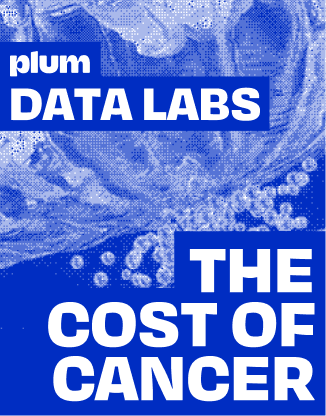Artificial intelligence (AI) is transforming many industries, and HR is no exception. AI is changing how HR professionals recruit, onboard, train, and engage employees.
This article will discuss the benefits, use cases, challenges, and some examples.
Benefits of AI in HR
- Cost savings: AI-powered HR systems can automate repetitive and time-consuming tasks like resume screening and interview scheduling. This will save HR professionals a lot of time and effort.
- Improved hiring decisions: Artificial Intelligence can identify the best candidates for a job by analyzing resumes, social media profiles, and other data sources to identify relevant skills and experience.
- Enhanced employee engagement: AI can analyze employee data to identify patterns and make recommendations to improve employee engagement and retention.
- Increased efficiency: AI can automate administrative tasks, such as tracking employee attendance and benefits, freeing HR professionals to focus on strategic tasks.Thanks to a fine tuning language model, certain AI chatbots are capable of performing exceptionally well if trained in the right context.
- Improved compliance: AI-powered HR systems can help ensure compliance with labour laws and regulations by monitoring employee data and identifying potential issues.
- AI-powered platforms like Wisnio enable users to “talk” with the talent data. With access to talent data, the question of how to have more effective one-on-one meetings could be hyper-personalized for the direct report that the manager is talking to. Their AI chatbot is powered by user-specific talent data and enables them to ask questions like “What should I avoid when working with this team” or “What three things can make this team more productive” or “How should I plan my calendar week?”.
Use Cases
- Recruitment: AI can automate resume screening, interview scheduling, and candidate communication to streamline recruitment.
- Onboarding: AI can provide new employees personalized onboarding experiences by recommending training and development opportunities based on their skills and interests.
- Employee engagement: AI can analyze employee data to identify patterns and make recommendations to improve employee engagement and retention.
- Performance management: Through AI surveys, artificial Intelligence can provide managers with data-driven insights into employee performance. This can help identify areas for improvement and provide targeted feedback.
- Training and development: Algorithms can provide personalized training recommendations based on employee skills and career goals.
Challenges of using AI in HR
- Data privacy and security: Artificial Intelligence powered systems collect and analyze large amounts of employee data, which can raise privacy and security concerns.
- Bias: Algorithms can reflect the biases of their creators, resulting in unfair hiring and promotion decisions.
- Lack of transparency: Some algorithms are complex and difficult to understand, making identifying and correcting errors hard.
- Employee resistance: Some employees may be hesitant to accept AI-powered HR systems, fearing that they will replace human jobs.
- Need for human oversight: AI can improve HR processes, but it cannot replace the expertise and judgment of human HR professionals.
Examples
- Mya: An AI-powered chatbot that can automate candidate screening and scheduling.
- Textio: An AI-powered tool that helps HR professionals write job descriptions and emails that are inclusive and unbiased.
- IBM Watson Career Coach: A tool that provides personalized career development advice to employees.
- Kronos Workforce Dimensions: An HR system that can automate scheduling and time-tracking.
- Ultimate Software's Xander: An assistant that can provide HR professionals with data-driven insights into employee performance and engagement.
In conclusion, AI has enormous potential to transform the HR industry by automating repetitive tasks, improving decision-making, and enhancing employee engagement. However, HR professionals must be aware of the challenges of this technology in HR, including privacy and security concerns, bias, and the need for human oversight.
By understanding these challenges, HR professionals can use Artificial Intelligence to improve their processes and make better decisions.
.avif)










.avif)














